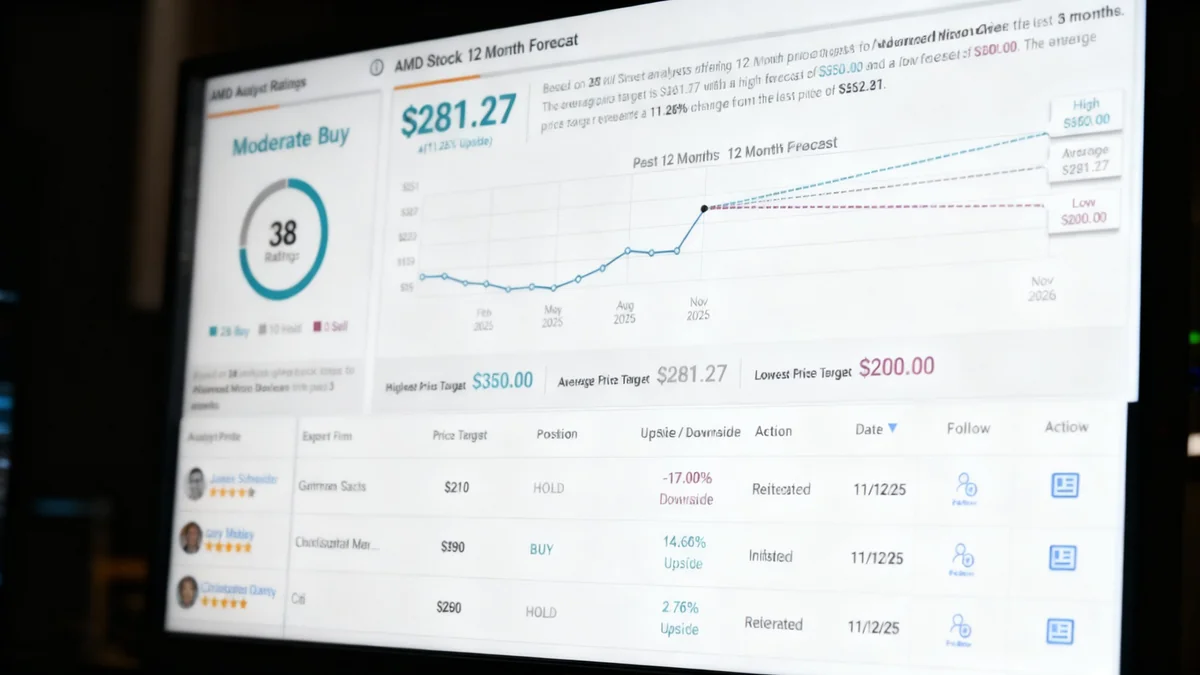Yahoo has officially announced the launch of its new artificial intelligence-driven search platform, a strategic move designed to reclaim market share in a field now dominated by established giants and agile startups. The new product, branded as Yahoo AI Search, integrates large language models to provide users with direct, conversational answers, summaries, and content generation, shifting away from the traditional list of blue links.
The platform is being rolled out to a select group of users in North America, with a global release planned for early next year. Company executives state the goal is to offer a more intuitive and context-aware search experience, directly challenging offerings from Google, Microsoft's Bing, and newer AI-native search engines like Perplexity.
Key Takeaways
- Yahoo has launched a new search platform called Yahoo AI Search, integrating large language models for conversational results.
- The initial rollout is limited to a beta group in North America, with a wider release expected in the coming months.
- The company aims to compete with Google, Bing, and emerging AI search platforms by offering a more intuitive user experience.
- Yahoo's parent company, Apollo Global Management, has reportedly invested over $200 million in the project's development.
A Renewed Focus on Search Technology
For years, Yahoo's search product has largely been powered by Microsoft's Bing, a result of a long-standing partnership. This new initiative marks a significant pivot, representing Yahoo's most substantial investment in proprietary search technology in over a decade. The company has assembled a new division, Yahoo AI Labs, dedicated to developing and refining the underlying language models.
According to a press release, the new search engine is built on a proprietary model architecture, combined with licensed technology from several leading AI firms. This hybrid approach is intended to balance development costs with performance, allowing Yahoo to innovate while leveraging the strengths of the broader AI ecosystem.
The User Experience Shift
The primary change for users will be the interface. Instead of a simple query box, Yahoo AI Search presents a conversational prompt area. It can handle complex, multi-part questions and retain context from previous queries within the same session. Results are delivered as synthesized paragraphs, bullet points, or even tables, with traditional web links provided as sources for further reading.
Early demonstrations show features such as email drafting, trip planning, and code generation integrated directly into the search results page. This positions the tool not just as an information retrieval system, but as a productivity assistant.
Historical Context: Yahoo's Search Journey
In the late 1990s and early 2000s, Yahoo was a dominant force in web search, originally starting as a human-curated directory of websites. However, it was quickly overtaken by Google's algorithm-based approach. After a series of strategic shifts, Yahoo entered a 10-year search partnership with Microsoft in 2009, effectively outsourcing its core search infrastructure to Bing.
Navigating a Competitive AI Landscape
Yahoo enters a fiercely competitive market. Google has already integrated its Gemini AI model across its search products, while Microsoft has heavily invested in OpenAI's technology for Bing. At the same time, startups like Perplexity and Arc have gained traction by offering a radically different, AI-first search experience.
"We are not trying to just add an AI layer to a legacy product," said Marissa Chen, Yahoo's new Head of AI Labs, in a statement. "We are rebuilding the search experience from the ground up, centered on the idea that users want answers, not just links. Our goal is to provide trustworthy, comprehensive, and directly useful information."
Analysts note that Yahoo's success will depend on its ability to differentiate itself. Key challenges include the immense computational cost of running large language models at scale and the difficulty of ensuring the accuracy and safety of AI-generated answers.
By the Numbers: The Search Market
- Google currently holds over 90% of the global search engine market share, according to StatCounter.
- Microsoft's Bing holds approximately 3.5%, while Yahoo's share is just over 1%.
- The market for generative AI is projected to exceed $1.3 trillion by 2032, according to Bloomberg Intelligence, with search being a primary application.
The Role of Apollo Global Management
Since being acquired by private equity firm Apollo Global Management in 2021 for $5 billion, Yahoo has undergone significant restructuring. This new investment in AI search is seen as a core part of Apollo's strategy to revitalize the legacy internet brand and unlock new revenue streams.
The reported $200 million investment has been directed toward talent acquisition, data center upgrades, and technology licensing. Industry insiders suggest this is an initial funding round, with more capital likely to be deployed if the platform shows early signs of user adoption and engagement.
Monetization Strategy and Future Plans
Yahoo's monetization strategy for the new search platform remains in development. While traditional search ads will likely play a role, the company is also exploring premium subscription models for advanced features, such as higher query limits, more powerful AI models, and integration with other Yahoo services like Mail and Finance.
The company also plans to leverage its vast content network, including Yahoo News, Yahoo Sports, and Yahoo Finance, to train its models and provide unique, proprietary data in its search results. This integration could be a key differentiator, providing real-time information and specialized data not readily available to other AI models.
Ultimately, Yahoo's bold re-entry into the search wars is a high-stakes gamble. It faces deeply entrenched competitors and a rapidly evolving technological landscape. However, with substantial financial backing and a clear strategic focus, the company is betting that it can carve out a meaningful niche by offering a smarter, more integrated way to find information online.





